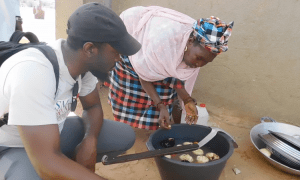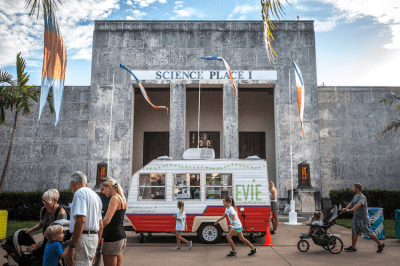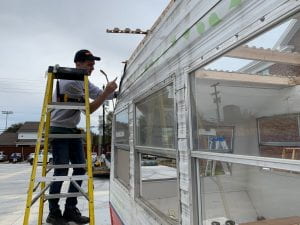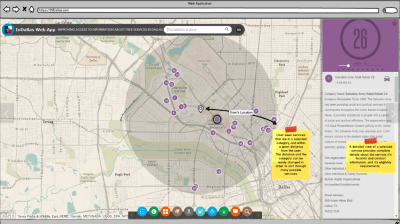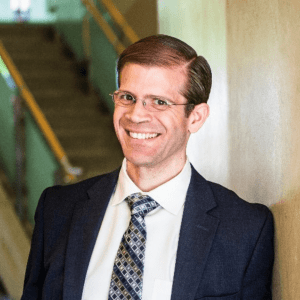James McGuire is a Fellow in the Hunt Institute where he brings his expertise as a government executive with expertise in water, energy, and the environment. McGuire also serves on the Leadership Council for the Hunt Institute’s Inclusive Economy.
He is Regional Counsel for U.S. EPA Region 6, covering Arkansas, Louisiana, New Mexico, Oklahoma, and Texas. Prior to his role at EPA, James served the public as the Director of Environmental Quality & Sustainability at the City of Dallas and as general counsel to Dallas Water Utilities.
In all of his roles, he has used his significant experience in regulatory compliance, enforcement, permitting, emergency response, resilience sustainability planning, and environmental law to lead and innovate.
“I chose public service because of the opportunity to work towards making a positive impact. I take satisfaction in knowing that my efforts have supported a higher quality of life in the community, and that is a true reward for a job well done. Fortunately, there are many people in Dallas and associated with SMU and the Hunt Institute that are making significant impacts in their respective fields and helping solve inequities.”
James received a B.A., English, Duke University, a B.S., Earth & Ocean Sciences with highest honors, Duke University, an M.S., Geological Sciences, The University of Texas at Austin, and a J.D., Emory University School of Law. 2019 awards related to work at the City of Dallas include the United Nations Day Global Leadership Award, U.S. EPA Excellence in Green Power Use Award, TXU Energy Sustainability Award, and the Air North Texas Award for Outstanding Initiative.
To read more about the Hunt Institute’s work to develop future-focused solutions to some of the world’s biggest problems, please click here. For the latest news on the Hunt Institute, follow our social media accounts on LinkedIn, Facebook, and Instagram. We invite you to listen to our Podcast called Sages & Seekers. If you are considering engaging with the institute, you can donate, or sign-up for our newsletter by emailing huntinstitute@smu.edu.








